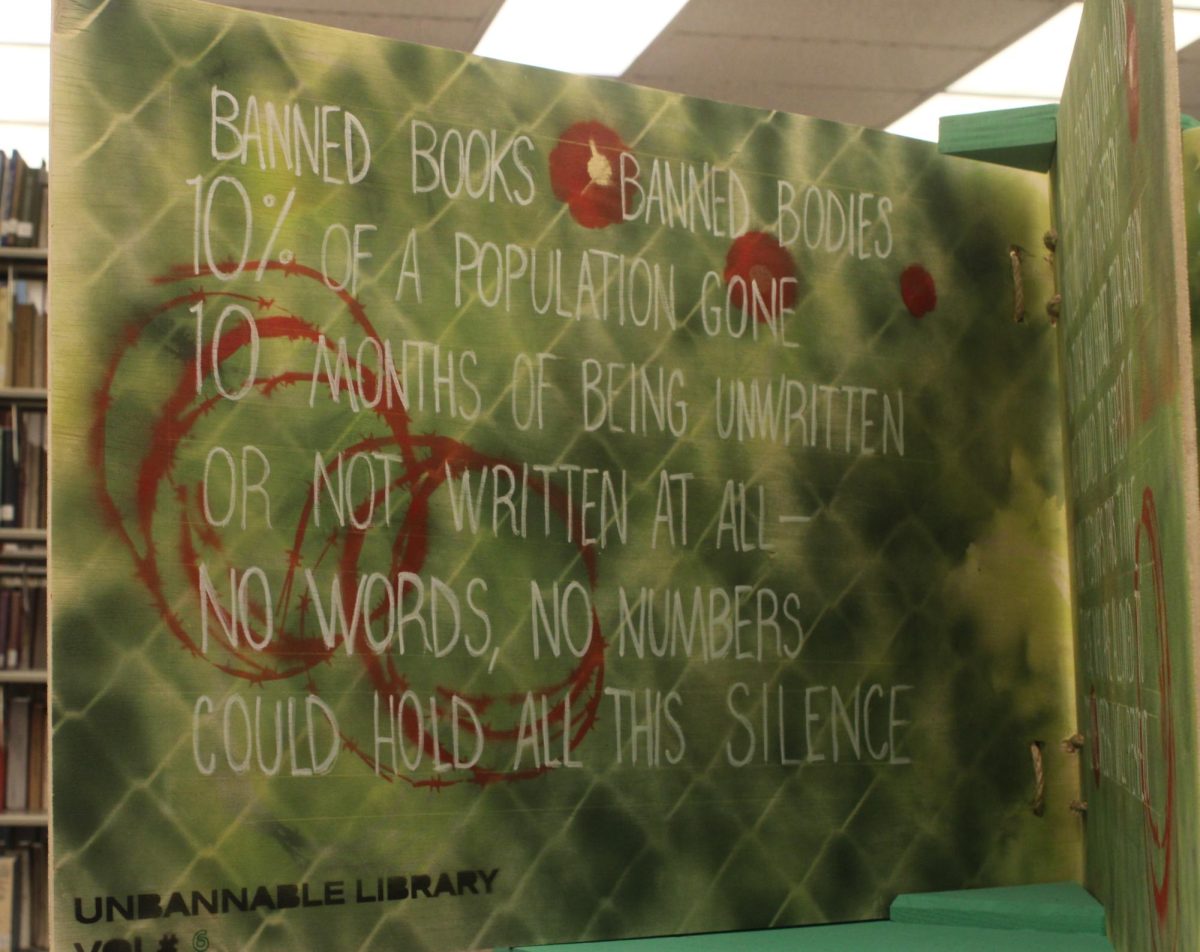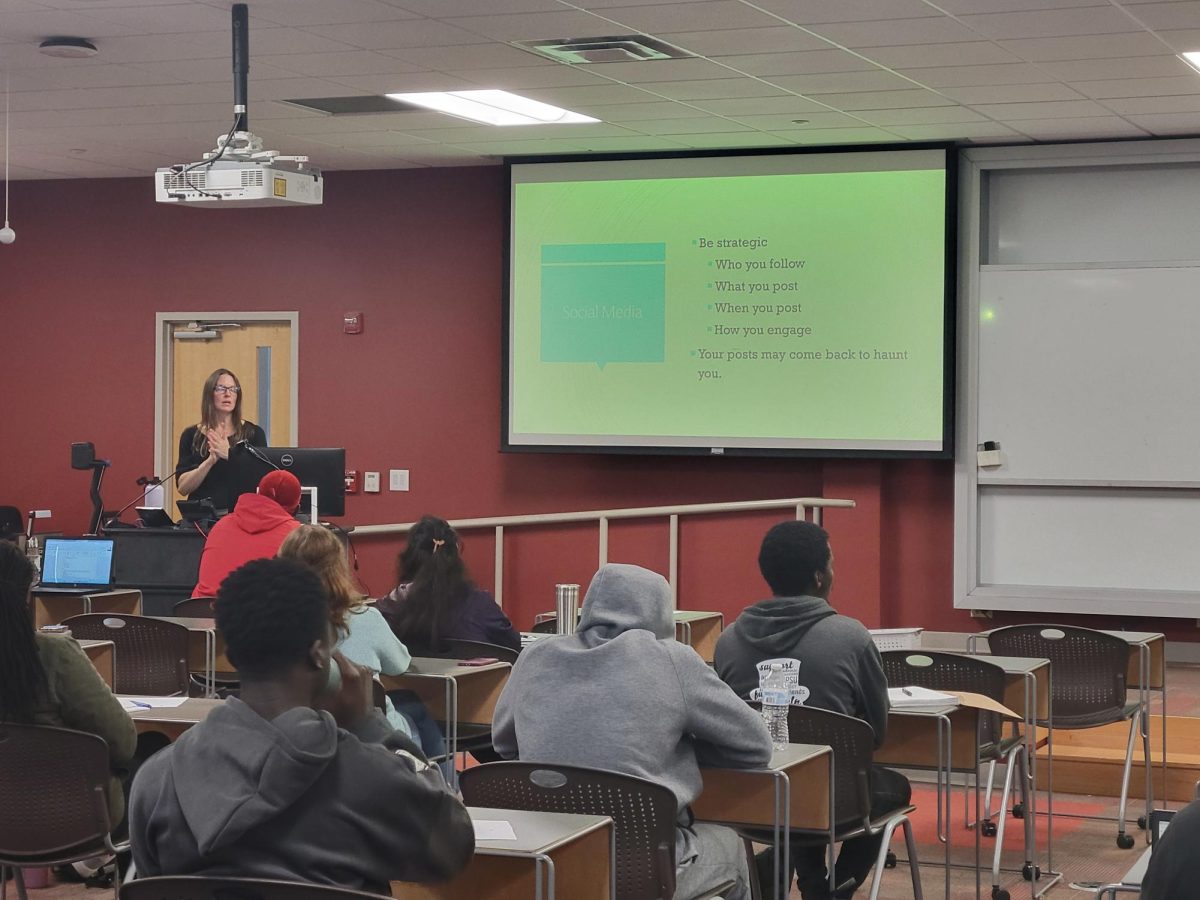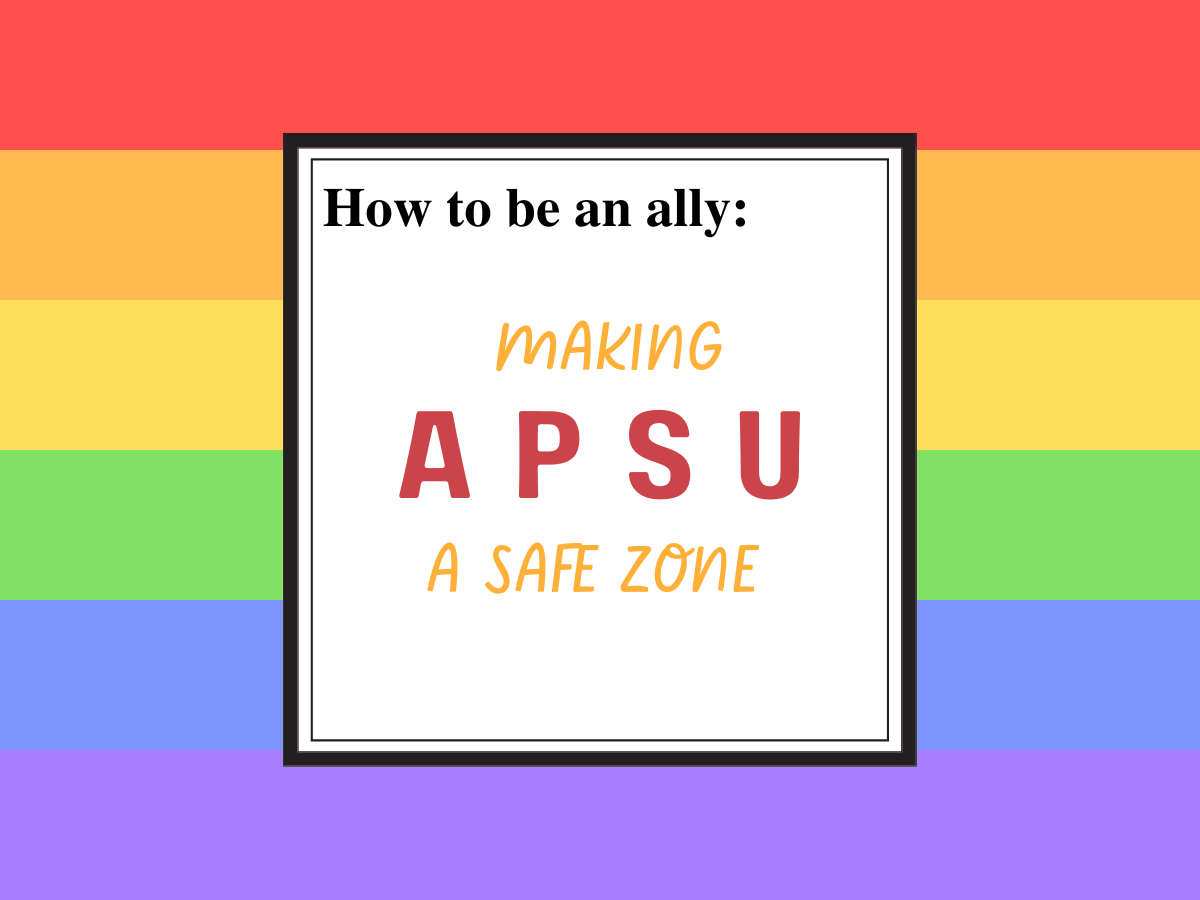The Supreme Court building in Washington, D.C. was the location of much celebration on June 26 as the Supreme Court legalized gay marriage in every state across the U.S.
In what some are referring to as a “landmark” Supreme Court ruling, the Obergefell v. Hodges case, asserting the limitation of marriage to one man and one woman as a violation of the 14th amendment, brought out a 5-4 ruling in favor of the legalization of gay marriage.
The 14th amendment reads: “No state shall make or enforce any law which shall abridge the privileges or immunities of citizens of the United States; nor shall any state deprive any person of life, liberty, or property, without due process of law; nor deny to any person within its jurisdiction the equal protection of the laws.”
The decision was made with Justices Kennedy, Ginsburg, Breyer, Sotomayor and Kagan joining the opinion of the court, and Justices Roberts, Scalia, Thomas and Alito offering dissenting opinions.
The official opinion of the court was delivered by Supreme Court justice, Anthony Kennedy.
“The Constitution promises liberty to all within its reach, a liberty that includes certain specific rights that allow persons, within a lawful realm, to define and express their identity. The petitioners in these cases seek to find that liberty by marrying someone of the same sex and having their marriages deemed lawful on the same terms and conditions as marriages between persons of the opposite sex.”
President of APSU’s Gay-Straight Alliance, Dani Hunter called the decision a “huge win” for the LGBT community.
“Countless people have fought long and hard for this day, so to finally hear the Court’s decision is beyond rewarding,” Hunter said. “With this ruling, all I can really feel is pride and relief: pride for this community, filled with so many diverse identities who came together to fight for this cause, and relief that their hard work paid off and we can finally celebrate love for all.”
Hunter also recognized that this decision is only one victory of many left to be won for the LGBT community.
“Obviously marriage equality isn’t the only issue LGBTQ individuals have had to face, and there are plenty of battles yet to be won,” said Hunter. “But we have to celebrate each victory as they happen and, through the outcome of Obergefell v. Hodges, I know more victories are sure to come.”













